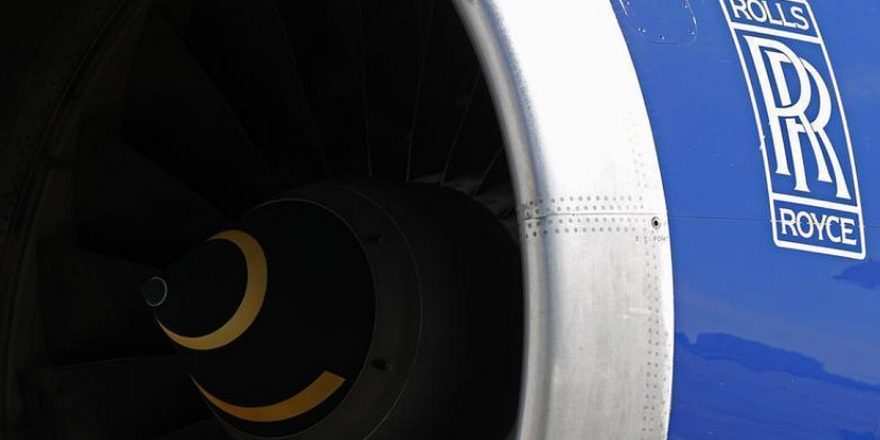With Air India’s A350 order, Rolls-Royce makes a comeback in engine market
For the first time in 13 years, since Jet Airways’ A330 planes exited the airline’s fleet in around 2010, an Indian wide-body aircraft will have a Rolls-Royce-powered engine, with Air India ordering 40 Airbus A350 planes.
On Tuesday, Air India announced its mega aircraft order for 470 aircraft, including A350 planes.
The A350 aircraft, which will come in two variants, are powered solely by Rolls-Royce Trent XWB engines and the local team has begun work to assist Air India with its aircraft-induction plans.
“We are working with Air India to support the imminent entry into service of their new A350-900 aircraft.
“We will support the airline on ground in Delhi.
“In addition, we will also be providing engine-monitoring support as we do for all our Trent XWB customers.
“Our engine-monitoring systems use sensors placed at various locations in the aircraft engine to gather and provide real-time information to pilots about the engine’s performance and health.
“This helps bring efficiency and reduces costs associated with maintenance and repair,” said Rolls-Royce India and South Asia region president Kishore Jayaraman.
In a staff email on Tuesday, Air India chief executive officer Campbell Wilson said six Airbus A350 planes would arrive in the second half of 2023 with deliveries ramping up in 2025 and later.
The Indian aviation sector is dominated by narrow-body planes such as Airbus A320 and Boeing 737, for which Rolls-Royce doesn’t make engines.
In the wide-body space, its engines have powered Air India Boeing 707 aircraft and a couple of early Airbus A330 planes of Jet Airways.
Currently, the Rolls-Royce-powered fleet of Indian airlines consists of five Embraer ERJs of Star Air and six Boeing 757s of Blue Dart.
The engine maker, however, says it powered 23 per cent of India’s business jets, and five of the eight new planes inducted in the past five years had its engines.
Jayaraman said the company had a strong aerospace ecosystem in India, which includes local partnerships, joint ventures, and engineering capabilities.
It has a supply-chain partnership with Tata Advanced Systems for manufacturing around 300 parts for the Trent XWB engine.
Similarly it sources components for other civil engines from partners in India.
“This is a strong foundation and we look forward to building on it,” Jayaraman added.
Source: Read Full Article


